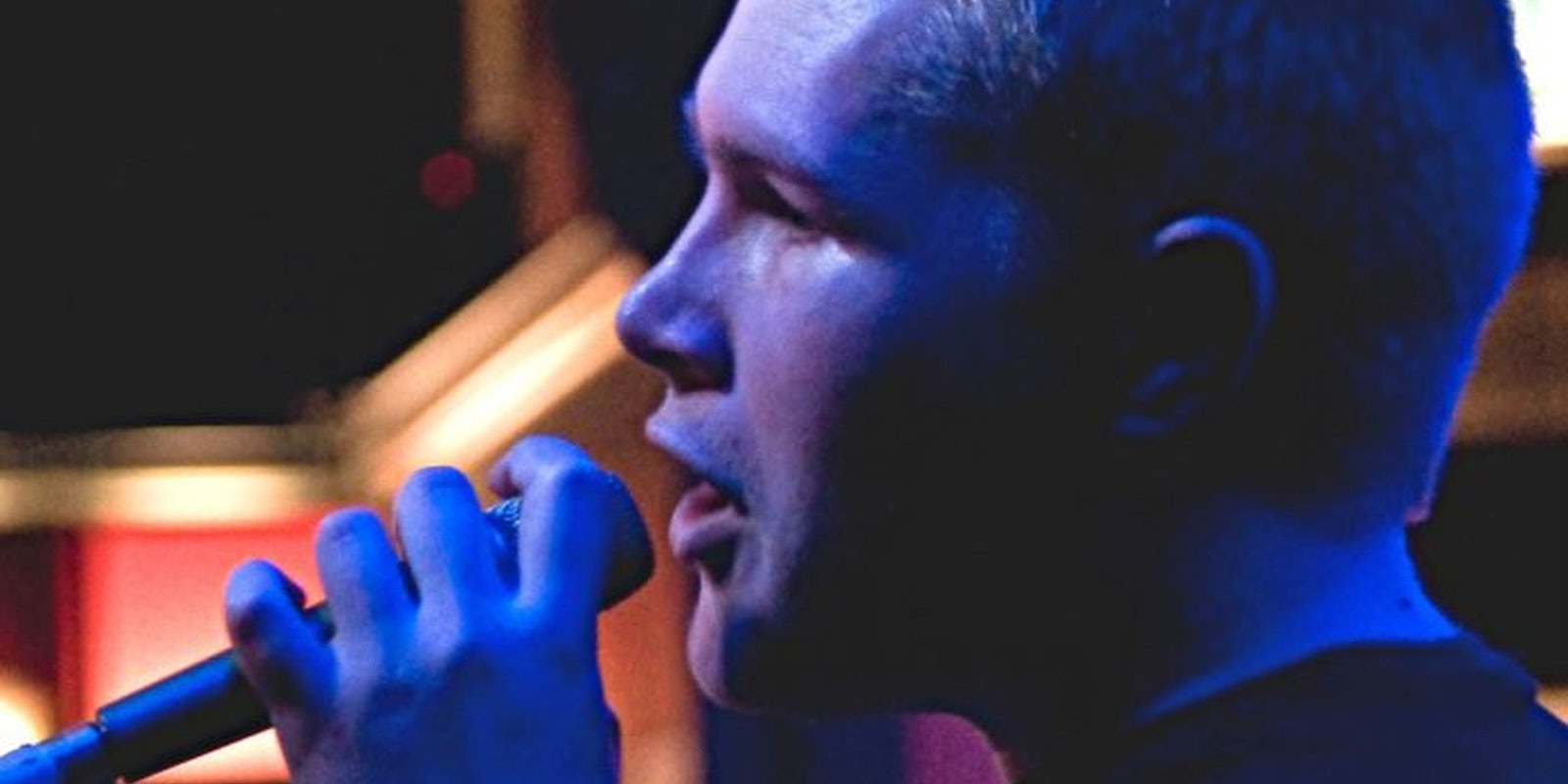From the Sugarhill Gang to Lil Wayne, artists have been building music careers by singing over other people’s tunes for decades.
The practice has become even more popular in recent years, especially for rapper Mac Miller whose track “Kool Aid & Frozen Pizza” features a sample from Lord Finesse, a New York-based rapper. Finesse sued Miller to the tune of $10 million, “alleging copyright infringement, unfair competition, unjust enrichment, interference, deceptive trade practices and a host of other claims related to copyright law,” MTV reported.
The whole incident incensed the music community and inspired English rapper Dan Bull to criticize the legendary rapper and defend Miller in a track set to Finesse’s “Hip 2 da Game.” Bull posted his track, appropriately titled “Dear Lord Finesse,” to YouTube, where it was promptly taken down for—you guessed it—copyright infringement.
“The fact that the videos can be taken down with a simple email is clearly a problem, especially as the user is then treated by YouTube’s automated systems in a very suspicious way,” Bull told the Daily Dot. “For instance, since the takedown on my channel, I am no longer able to post material under a creative commons license. I find this absolutely ludicrous.”
“I think the law, or at least YouTube’s policy, needs to be altered in order to better prevent spurious or objectionable takedowns.”
Bull fired back at YouTube, and Finesse, with a documentary-like video called “CENSORED BY COPYRIGHT.” In the video Bull alleges that “Dear Lord Finesse” fell under fair use and ultimately wasn’t taken down for copyright infringement “but because it highlighted the hypocrisy of the lawsuit in question.” The video has collected more than 75,000 views and 1,600 comments in the last 48 hours.
“Since posting my documentary video, I haven’t heard directly from anyone involved, however Lord Finesse (or someone posting on his behalf) posted a sarcastic message on his Facebook wall, implying that I don’t care about the issue but rather am exploiting it for commercial reasons,” Bull said. “This is an entirely unfounded accusation. I’ve been making videos like this long before I became a YouTube partner and am well respected amongst digital rights organisations. Finesse has since removed the wall post.”
The Daily Dot reached out to Finesse via Twitter and Facebook Monday and has not heard back.
For now, Bull’s “Dear Lord Finesse” remains unavailable on YouTube (you can listen to the track in its entirety on Vimeo). In order to settle the dispute and return the video to YouTube, Bull must agree to the possibility of being taken to court by Finesse. This is something Bull is unwilling to do. Instead he’s asked the YouTube community to create their own “critical cover versions and parodies of Lord Finesse’s songs.”
In the meantime, he hopes that YouTube takes a long, hard look at how it addresses these copyright infringement claims in the future.
Bull said:
“I will continue using YouTube, as I love the YouTube community, and it’s the best way to get my message to the widest audience. However, this incident has made me realise that I shouldn’t rely so heavily on one service. YouTube is after all a private website and can remove whatever content it chooses to. However, if it wants to retain its respect, it should treat takedown requests with serious scrutiny.
“I hope that this controversy has highlighted this growing problem of alleged copyright infringement being used as an excuse to stifle criticism. There are numerous examples of it occurring, being perpetrated by both private companies and governments. Both are very worrying.”
Photo via Facebook
